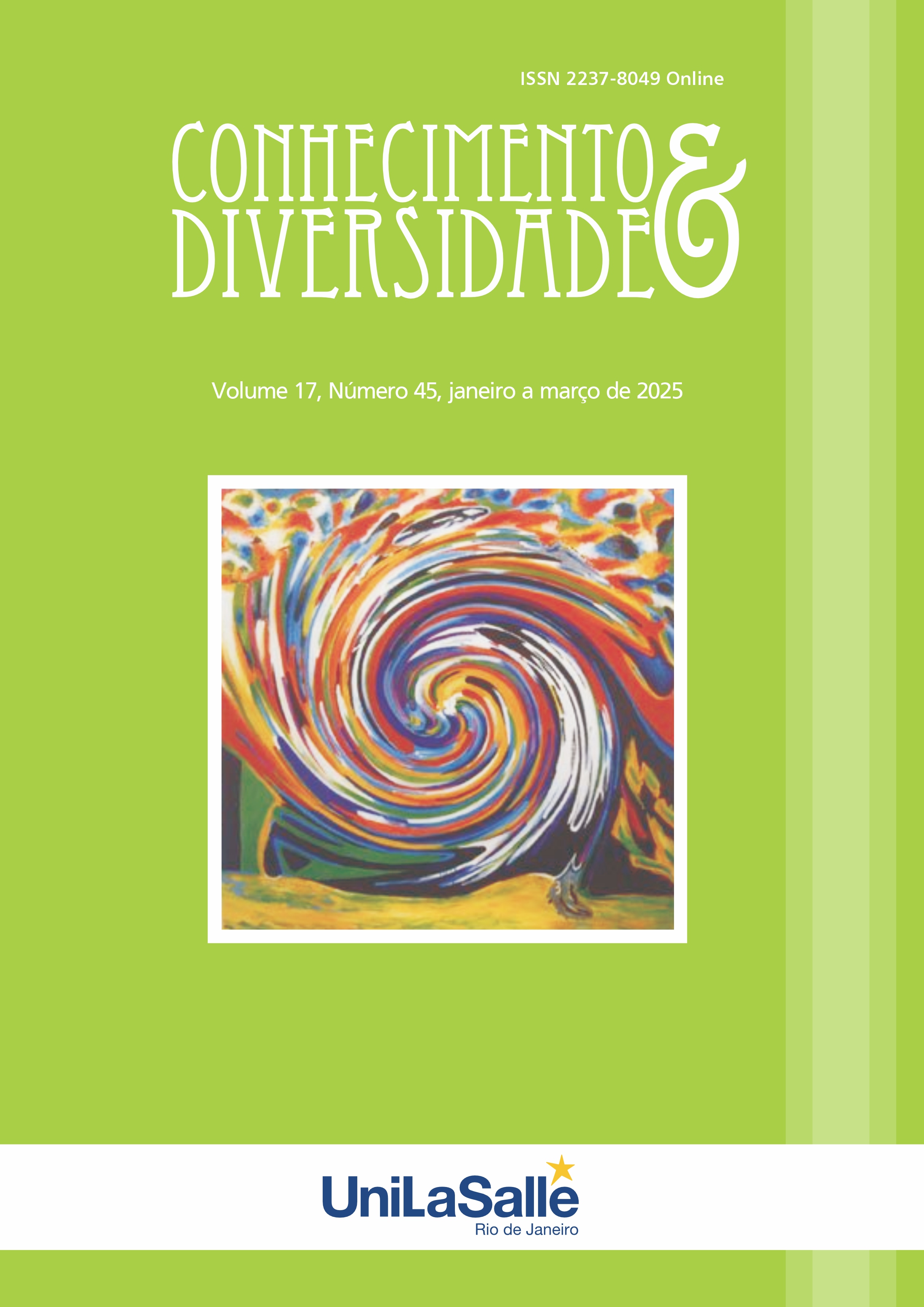A CONCEPTUAL METAPHOR APPROACH TO LITERATURE TEACHING
A CASE STUDY OF THE POEM ‘WAVES
DOI:
https://doi.org/10.18316/rcd.v17i45.12451Palabras clave:
Conceptual metaphor, Literature, Love, Journey, ApproachResumen
Conceptual metaphor is used widely in both daily and written language. In educational contexts, applying the conceptual metaphor theory to teaching and learning has been proven to have a good impact on learners, enhancing their performance and facilitating their learning process. The purpose of this study is to evaluate the effectiveness of a conceptual metaphor-based approach to the teaching of literature. This is an empirical study using two tests delivered to experimental and control groups of eleventh graders at a high school in Vietnam. The experimental group received the conceptual metaphor instruction while the control group got the traditional instruction. The research results indicate that the students in the experimental group outperformed those in the control group in terms of test performance. This finding confirms that this new approach to literature teaching produces positive results, which enables learners to understand a literary work better and enhances their metaphor awareness thus improving their learning outcomes. The results also illustrate the universality of conceptual metaphor rooted in human thought. This research has implications for both teachers and students who want to take a new approach to literature teaching and learning.
Citas
Bui, P. H., Truong, V., & Nguyen, N. V. (2018). Applyling cognitive linguistics to teaching English prepositions: A quasi-experinmental study. International Journal of Instruction, 11(), 327-346.
Daane, A. R., Haglund, J., Robertson, A. D., Close, H. G., & Scherr, R. E. (2018). The pedagogical value of conceptual metaphor for secondary science teachers. Science Education, 102(5), 1051-1076.
Danesi, M. (2016). Conceptual fluency in second language teaching; An overview of problems, issues, research findings, and pedagogy. International Journal of Applied Linguistics & English Literature, 5(1), 145-153. doi: 10.7575/aiac.ijalel.v.5n.1p.145
Hongyan, H. (2020). A study of English vocabulary learning in China – From the perspective of conceptual metaphor theory. Journal of Language Teaching and Research, 11(3), 427-434.
Jacobsen, N. D. (2016). The best of both worlds: Combining cognitive linguistics and pedagogic tasks to teach English conditionals. Applied Linguistics, 39(5), 668-693. https://doi:10.1093/applin/amw030
Kartal, G., & Uner, S. (2017). The effects of conceptual metaphors on the acquisition of phrasal verbs by Turkish EFL learners. European Journal of Foreign Language Teaching, 2(2), 34–51. https://doi.org/10.5281/zenodo.556421
Kövecses, Z. (2005). Metaphor in culture: Universality and variation. Cambridge University Press.
Kövecses, Z. (2010). Metaphor: A practical introduction. Oxford University Press.
Lakoff, G., & Johnson, M. (1980). Metaphor we live by. University of Chicago Press.
Lixia, M., & Jing, J. (2023). The application of conceptual metaphor in English vocabulary teaching. English Language Teaching and Linguistics Studies, 5(5), 242-249.
Pham, T. B. N., & To, M. T. (2019). The application of conceptual metaphors to teaching English idioms to English-majored students in Viet Nam. Theory and Practice in Language Studies, 9(6), 610-619. http://dx.doi.org/10.17507/tpls.0906.02
Pham, T.B.N. (2021). Student attitude towards the application of conceptual metaphors to teaching English idioms. International Journal of Linguistics, Literature and Translation, 4(10), 111-123.
Pham, T.H.Q. (2023). Conceptual Metaphors in Vietnamese Thought. Social Sciences Publishing House.
Pham, T.H.Q. (2017). Conceptual Metaphors in Xuân Quỳnh's Poetry. Social Sciences Publishing House.
Shan, X. (2020). A study of idiom teaching from the perspective of conceptual metaphor. Journal of Contemporary Educational Research, 4(1), 60-64.
Vadipoor, G., Esfandiari, R., & Shabani, M. B. (2023). The effect of conceptual metaphor on writing creativity and metacognitive writing awareness. Issues in Language Teaching (ILT), 12(1), 33-66.
Veliz, L. (2017). A route to the teaching of polysemous lexicon: Benefits from cognitive linguistics and conceptual metaphor theory. International Journal of Applied Linguistics and English Literature, 7(1), 211-217.
Zhang, Y. (2019). The effect of metaphorical competence on students’ writing skills. Creative Education, 10, 151-155.
Descargas
Publicado
Número
Sección
Licencia
Derechos de autor 2025 Quynh T.H. Pham, Lan T.B. Tran

Esta obra está bajo una licencia internacional Creative Commons Atribución 4.0.
Tal como recomienda el Public Knowledge Project, RCD adopta para sus artículos una licencia CREATIVE COMMONS: Attribution CC BY 4.0
Esta licencia permite que otros distribuyan, remezclen, adapten y desarrollen su obra, incluso con fines comerciales, siempre que le atribuyan a usted el mérito de la creación original.
Esta es la licencia más adecuada que se ofrece.
Recomendado para la máxima difusión y utilización de los materiales bajo licencia.



